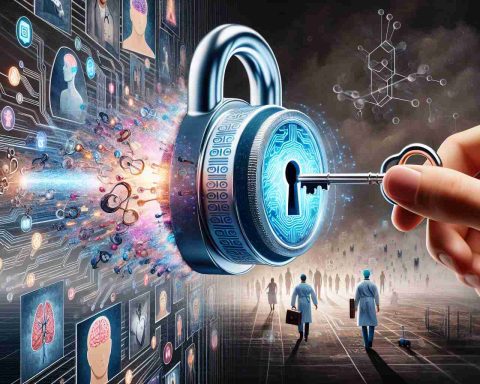The rapid incorporation of Artificial Intelligence (AI) in education represents not just an evolution, but a potential revolution in learning methodologies and outcomes. While classical education has focused on uniform knowledge dissemination, AI is introducing a wave of personalised and adaptive learning that could reshape the educational landscape entirely.
Personalised Learning is one of the most significant impacts AI is having on education. Machine learning algorithms can analyse a student’s unique learning style, strengths, and weaknesses, allowing for tailor-made educational materials and experiences. This personalisation ensures that no two students’ learning paths are identical, promoting deeper understanding and engagement.
Moreover, AI’s role in administrative efficiency cannot be understated. Automating mundane tasks such as grading and scheduling allows educators more time to focus on interactive teaching and mentoring. Schools and universities that embrace such technologies gain operational efficiency, making the overall educational environment more effective and budget-friendly.
Beyond individual benefits, AI holds the promise of democratising access to education. By providing scalable and affordable learning solutions, students from diverse backgrounds, including remote or underprivileged areas, can access high-quality education resources. This democratisation could be a key driver in closing the global education gap.
Looking ahead, it is essential for institutions to balance AI’s integration with ethical considerations, ensuring technology enhances rather than diminishes the human elements of teaching and learning. As AI continues to evolve, its ongoing influence on education will likely offer both challenges and unprecedented opportunities.
AI in Education: The Unspoken Impact on Privacy and Teacher Roles
The infusion of Artificial Intelligence into the educational sector is heralding a new age of convenience and customisation. However, as schools and universities rush to embrace this wave, it is crucial to consider the implications for privacy and the evolving role of educators themselves.
Not often highlighted, one of the critical controversies revolves around data privacy. AI systems require vast swathes of personal data to function optimally; this includes student performance, behaviour, and even biometric information. Consequently, the question arises: how secure is this data? With educational institutions already under significant cyber threats, the risk of student data breaches poses a severe challenge. Ensuring robust cybersecurity measures must accompany any AI adoption to protect sensitive information.
Interestingly, as AI automates administrative tasks, it also changes the teacher’s role. With mundane duties out of the way, educators can focus more on mentorship and interactive teaching. However, this shift could lead to an uncomfortable dependency on technology. Are we at risk of valuing human educators less as AI assumes more of their responsibilities? Moreover, educators will need to adapt quickly, learning to work alongside AI, necessitating continuous professional development.
While AI in education promises numerous advantages, these potential disadvantages cannot be ignored. Institutions must weigh the benefits against the risks, ensuring that education remains a human-centric and secure endeavour.
For more information on AI and education, visit Education.org or EdTech.
















